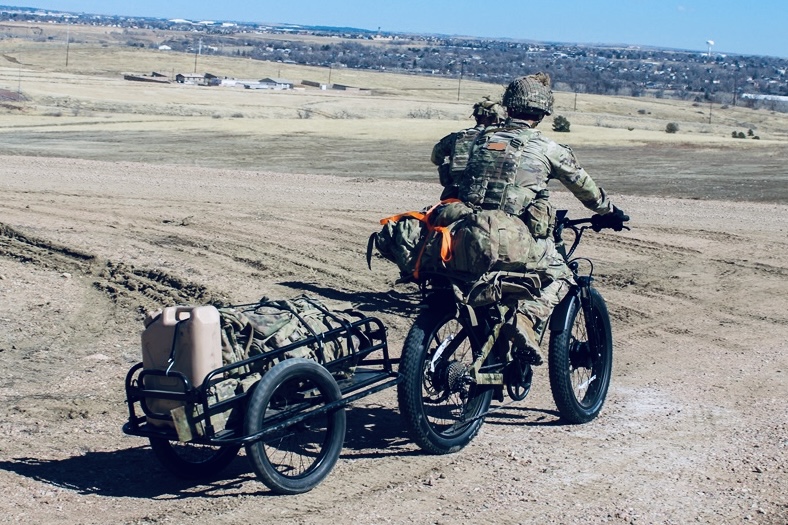About
Recon, Forged in Battle

re·con·nais·sance
/rəˈkänəsəns/
[ri-kon–uh-suh ns, -zuh ns]
noun
noun: reconnaissance; plural noun: reconnaissances
1. military observation of a region to locate an enemy or ascertain strategic features. “an excellent aircraft for low-level reconnaissance” synonyms: preliminary survey, survey, exploration, observation, investigation, examination, inspection; preliminary surveying or research. “conducting client reconnaissance”
Examples of reconnaissance include patrolling by troops (skirmishers, Long Range Reconnaissance Patrol, U.S. Army Rangers, cavalry scouts, or military intelligence specialists), ships or submarines, manned/unmanned reconnaissance aircraft, satellites, or by setting up covert observation posts. Espionage normally is not reconnaissance, because reconnaissance is a military’s special forces operating ahead of its main forces; spies are non-combatants operating behind enemy lines. Often called “recce” (British and Canadian English) or “recon” (American and Australian English), the associated verb is reconnaître.
Several members of our founding team are active, reserve, or veteran military.
Veterans come from a previous culture built for mission accomplishment in mind. They have ingrained leadership talents and take their responsibilities seriously. We understand the value of active duty, reserve, and veteran military personnel. We are actively seeking Veterans as Recon dealers. We make a commitment to train them every step of the way, to aid them in becoming successful business owners.
Strengths our Veteran Team Members bring to the workplace:
- Working well in a team. Teamwork is considered an essential part of daily life and is the foundation on which safe military operations are built.
- Having a sense of duty. Responsibility for job performance and accountability for completing missions are something to take pride in.
- Experiencing self-confidence. Holding a realistic estimation of self and ability based on experiences is expected of each Service Member.
- Being organized and disciplined.
- Possessing a strong work ethic. In the military, the mission always comes first.
- Having the ability to follow through on assignments, even under difficult or stressful circumstances.
- Possessing a variety of cross-functional skills, such as extensive training on computer programs and systems, interacting with various people with different skills to accomplish a task, and
- coordinating and troubleshooting problems in novel and known conditions.
- Being able to problem solve quickly and creatively.
- Being able to adapt to changing situations.
- Being able to follow rules and schedules.


